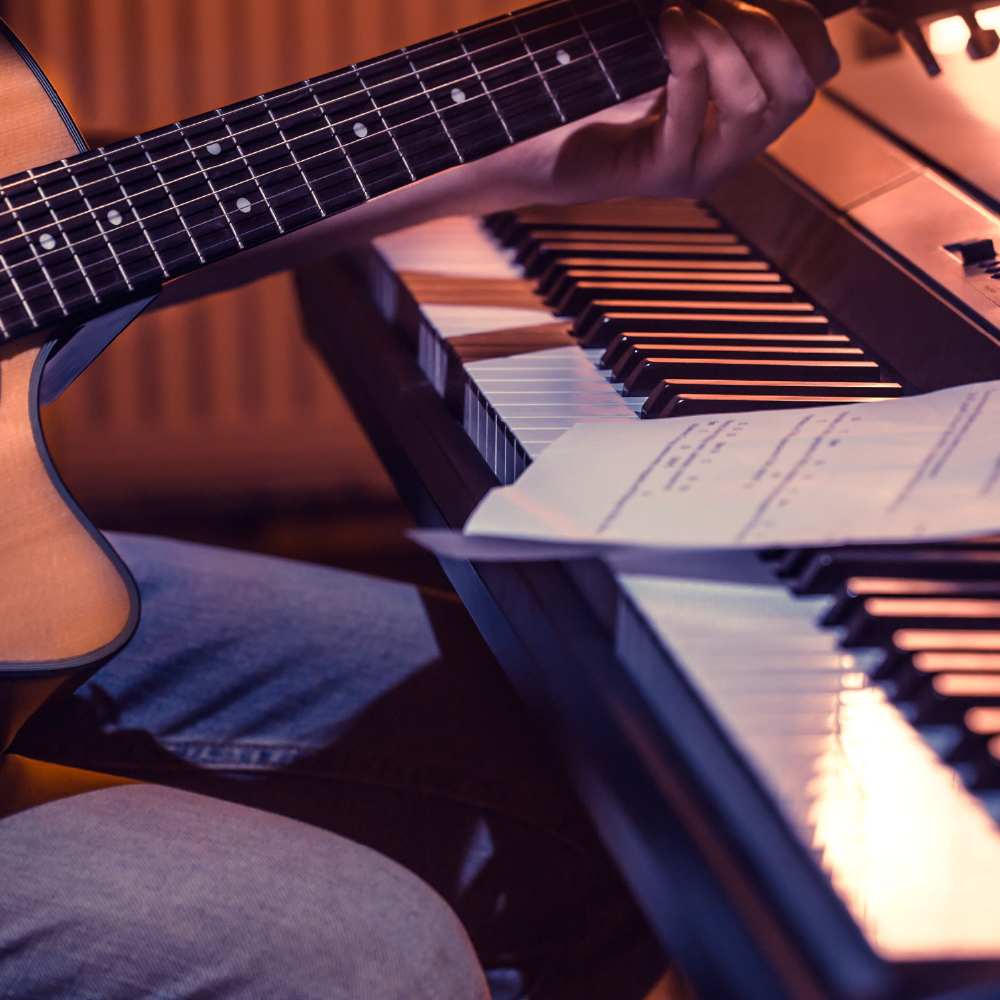
Music education is an essential part of a comprehensive curriculum that promotes creativity, critical thinking, and collaboration among students. As the landscape of education evolves, music educators are challenged to adapt their teaching methods to meet their students’ diverse needs. This article explores several innovative teaching methods that can enhance music education, foster engagement, and improve student outcomes.
Music Software and Applications
Software like GarageBand, Sibelius, and Finale allows students to compose, arrange, and edit music digitally. These platforms provide an interactive experience that can make learning music theory more engaging. Students can experiment with different instruments, sounds, and styles, fostering creativity and encouraging them to take ownership of their learning.
Online Resources and Tutorials
The internet is a treasure trove of resources for music educators and students alike. Websites such as YouTube offer a plethora of instructional videos covering various aspects of music, from instrument techniques to music theory. Music educators can create playlists of tutorials for students to explore independently, reinforcing classroom learning and allowing students to learn at their own pace.
Virtual Collaboration
With the rise of online platforms, students can collaborate with their peers and even musicians around the world. Platforms like Soundtrap and BandLab enable students to create music together remotely, promoting teamwork and communication skills. This method encourages students to share ideas and perspectives, enhancing their musical development.
Creating a Music Project
Encouraging students to create their music projects can be incredibly empowering. Whether composing an original piece, producing a music video, or organizing a concert, students learn to set goals, manage their time, and collaborate with others. This method fosters critical thinking, creativity, and problem-solving skills, preparing students for real-world challenges.
Thematic Units
Designing thematic units around specific topics in music can engage students in a more meaningful way. For instance, a unit on cultural music can explore various genres from around the world, allowing students to discover different musical traditions and their historical contexts. This interdisciplinary approach enhances students’ understanding and appreciation of music while incorporating elements from social studies, history, and even language arts.
Differentiated Instruction
Recognizing that every student has unique learning needs is crucial for effective teaching. Differentiated instruction allows music educators to tailor their teaching methods to accommodate diverse abilities and learning styles.
Varied Instructional Strategies
Using a variety of instructional strategies can help engage all learners. For example, some students may benefit from hands-on learning through instrument practice, while others may prefer visual aids, such as charts or videos, to understand music theory concepts. By incorporating a mix of auditory, visual, and kinesthetic learning activities, educators can reach a broader range of students.
Flexible Grouping
Grouping students based on their skill levels or interests can promote collaboration and peer learning. For example, more advanced students can work with beginners, fostering mentorship and reinforcing their knowledge. Flexible grouping encourages students to support each other, helping to create a positive classroom environment.
Incorporating Social-Emotional Learning
Music education provides an excellent platform for promoting social-emotional learning (SEL). By integrating SEL principles into the music classroom, educators can help students develop essential life skills such as empathy, resilience, and self-awareness.
Collaborative Music Experiences
Group music-making activities, such as ensembles and choirs, require students to work together, listen to each other, and communicate effectively. These experiences build teamwork and trust among students, creating a sense of belonging and community within the classroom.
Reflective Practices
Encouraging students to reflect on their experiences in music class can deepen their understanding of themselves and their emotions. Journaling, discussions, or even video reflections can help students articulate their thoughts and feelings about their musical journey. This practice not only fosters self-awareness but also cultivates a growth mindset.
Emphasizing the Importance of Cultural Diversity
Integrating cultural diversity into the music curriculum can enrich students’ learning experiences and broaden their perspectives. Understanding and appreciating different musical traditions fosters respect and inclusivity.
Exploring Global Music Traditions
Music educators can incorporate music from various cultures into their lessons, exposing students to a wide array of genres and styles. This exploration can include listening activities, guest musicians, and cultural presentations. By celebrating diversity, students learn about the significance of music in different cultures and how it reflects societal values and histories.
Collaborative Cultural Projects
Creating collaborative projects centered around cultural themes can further enhance students’ understanding and appreciation of diversity. For instance, students can research a specific culture’s music, create presentations, or even perform traditional songs. These projects promote cultural exchange and encourage students to share their backgrounds, fostering a sense of community in the classroom.
As music educators navigate the evolving landscape of education, incorporating innovative teaching methods is essential for fostering student engagement and success. By embracing technology, project-based learning, differentiated instruction, social-emotional learning, and cultural diversity, educators can create dynamic and inclusive music classrooms that inspire students to explore their musical passions. These innovative approaches not only enhance musical skills but also nurture essential life skills, preparing students for a future where creativity, collaboration, and critical thinking are paramount. In this way, music education continues to play a vital role in developing well-rounded, culturally aware individuals capable of making meaningful contributions to society.